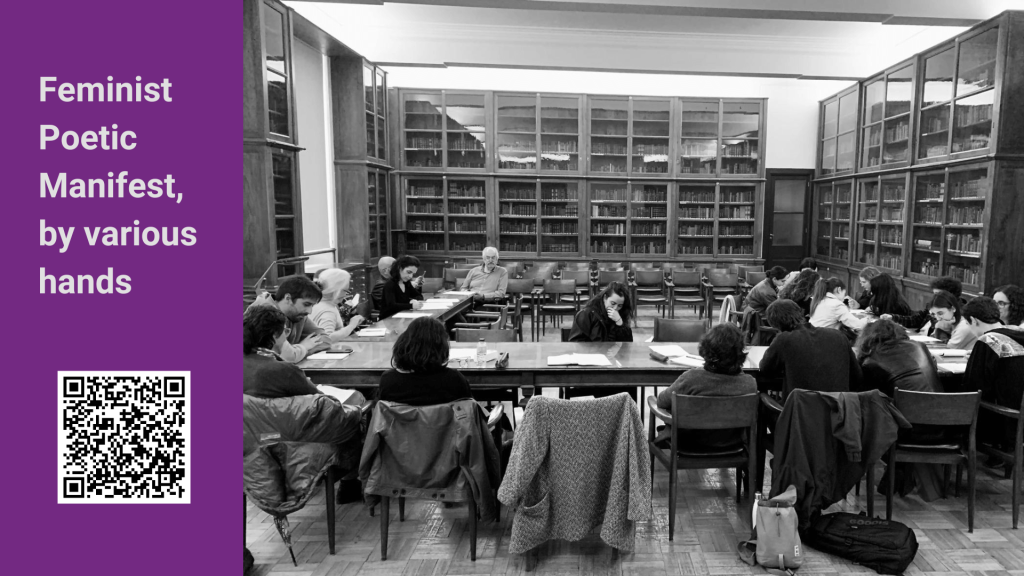Inclusive Science Conference
Social Programme
Film Projection
In October Porto Femme returns to the Casa Comum at the Rectory of the University of Porto for a special session as part of the RESET event.
Film Info
Por qué tan pocas? / Why so few?
When: 7 Oct 2024, 20.30
Spain | 66’ | 2019 | Doc
Director: Carlota Coronado
Producer: Giovanni Maccelli, Carlota Coronado, Zampano Producciones
Synopsis
Why so few? is a documentary about Spanish women in science and technology. Through interviews with women scientists who are benchmarks in this field, it analyses the situation of women in STEM careers: their difficulties, the barriers to be broken down, the prejudices. A way of vindicating the value of women in science and giving visibility to their work.
Carlota Coronado Biography
Born in Madrid in 1978. She has a degree in Audiovisual Communication. She alternates her work as a university lecturer with producing and directing short films. She has made ten short films, including Libra, Perder el tiempo, Luciérnaga, Asesinato en la Villa, 16 semanas and La eminencia. Why so few? is his first feature-length documentary. Together with Giovanni Maccelli, he set up a short film production company, Zampanò Producciones, whose short films have won over two hundred awards at national and international festivals, including the Goya for best animated short film in 2015 for Juan y la nube.
About Porto Femme International Film Festival
Porto Femme is a film festival that aims to showcase and publicise the work of women and non-binary people in the seventh art, promoting their equality and empowerment in the world of cinema.
Through the screening of films, it aims to educate and inform the public about the social and political issues affecting women and non-binary people around the world and to give voice to feminisms, seeking to encompass the various groups and struggles.
It seeks to act as a space of visibility for women and non-binary filmmakers from all over the world and presents a diverse programme with competitive film sessions, thematic screenings, debates, exhibitions, concerts, workshops and more.
It aims to be a point of sharing, debate and creation for all those who love cinema.
It is an event that annually puts Porto and Portugal on the map of women’s film festivals. Every year films are submitted from all over the world. In 6 editions of the festival we’ve had more than 669 films in competition!
The festival is currently preparing for its 8th edition, which will take place in April 2025.
Porto Femme & RESET
In October Porto Femme returns to the Casa Comum at the Rectory of the University of Porto for a special session as part of the RESET event.
The RESET – Redesigning Equality and Scientific Excellence Together project aims to put gender equality and diversity at the centre of political decision-making at academic and scientific levels.
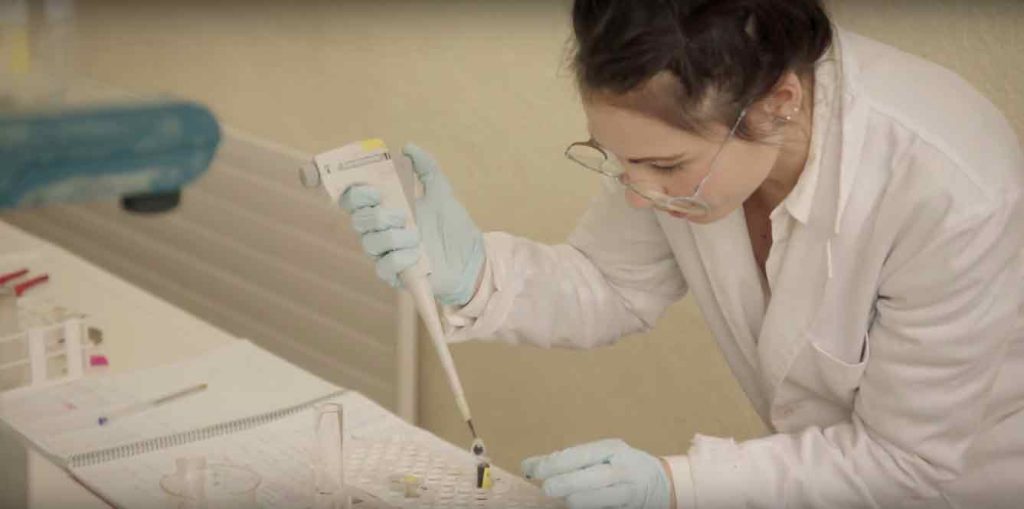
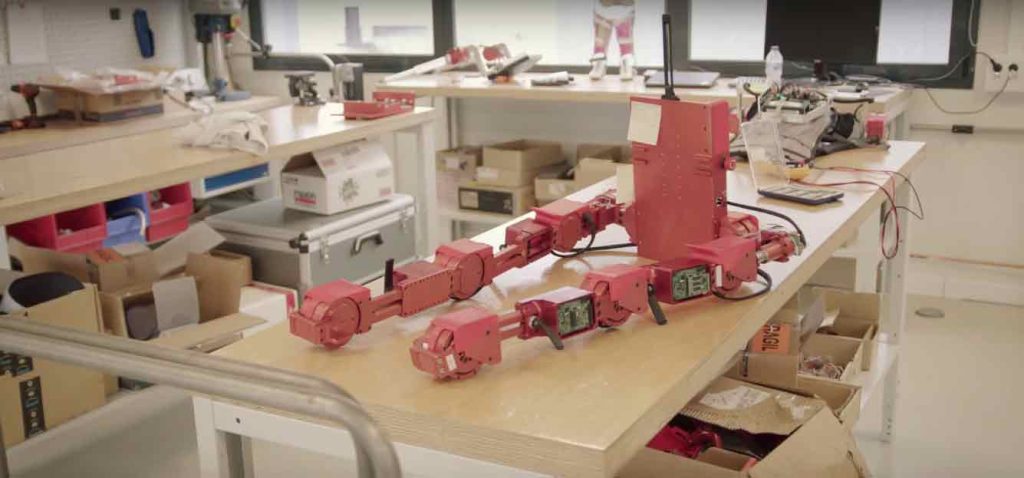
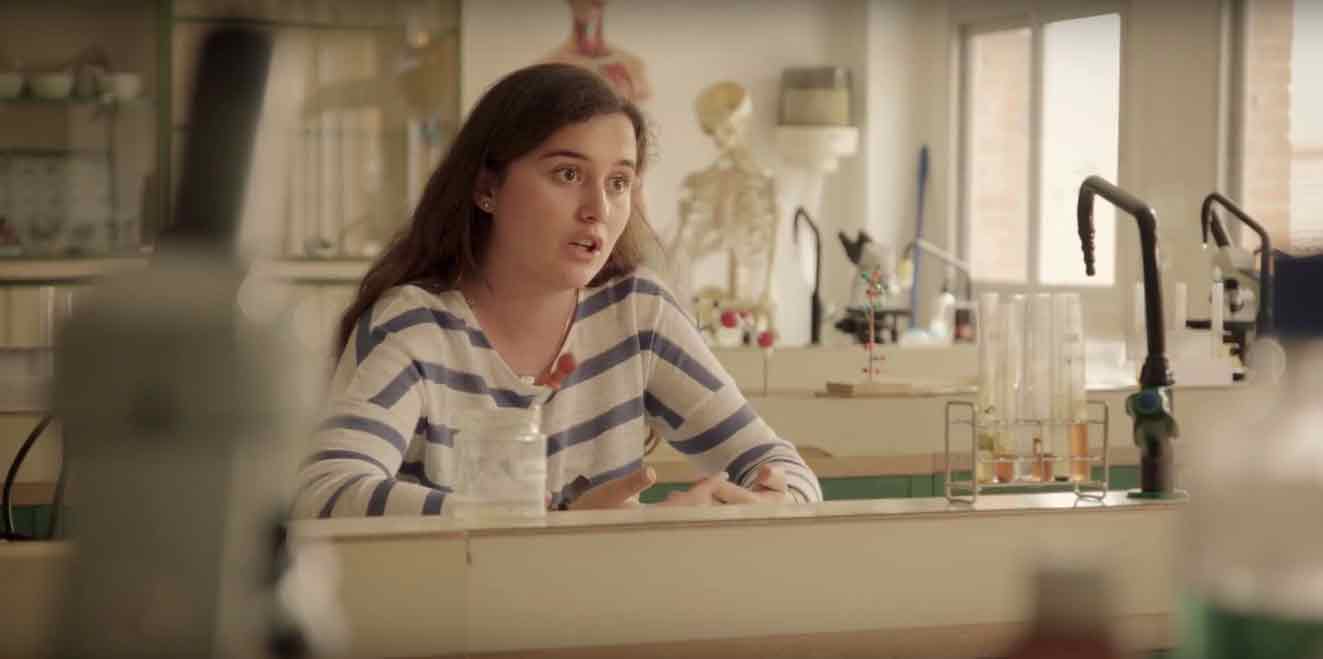
Feministic Poetic Manifesto, by various hands
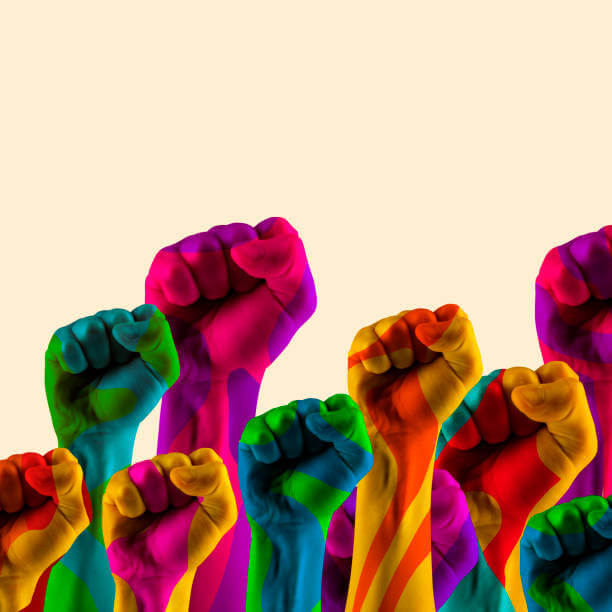
Credit: master1305
When: 8 Oct 2024, after 17.00
Synopsis
Every struggle makes the time for listening urgent; the time for sharing and crossing memories, by evoking what we remember from the past and placing that crossed memory side by side with what we want to say today, tomorrow, and each of the days that make the struggle a permanent journey. Persistent journey.
Like an echo made up of multiple voices, it is in this Feminist Poetic Manifesto that these memories and demands come to flow into a common bed as they are shared and written by several hands. The writing of this Manifesto is therefore a plural, polyphonic, and intergenerational exercise: despite the difference that makes each participant’s experience unique, the manifesto is here a collective movement created from the encounter between these diverse individual journeys.
We are different sexes, ages, genders, generations, places, beliefs and faces. We are plural and we join hands in this diversity, in this set of echoes, in the challenge for seeking, in this set of individualities, axes, similarities, and points of union between our memories and demands.
As a starting point, we ask: ‘What have, the women who came before us left behind in us?’ What do we hear women saying today?’ And then we come to a new question: ’What do we want to say to women today and tomorrow?
By The Writing and Reading Workshops Collective

